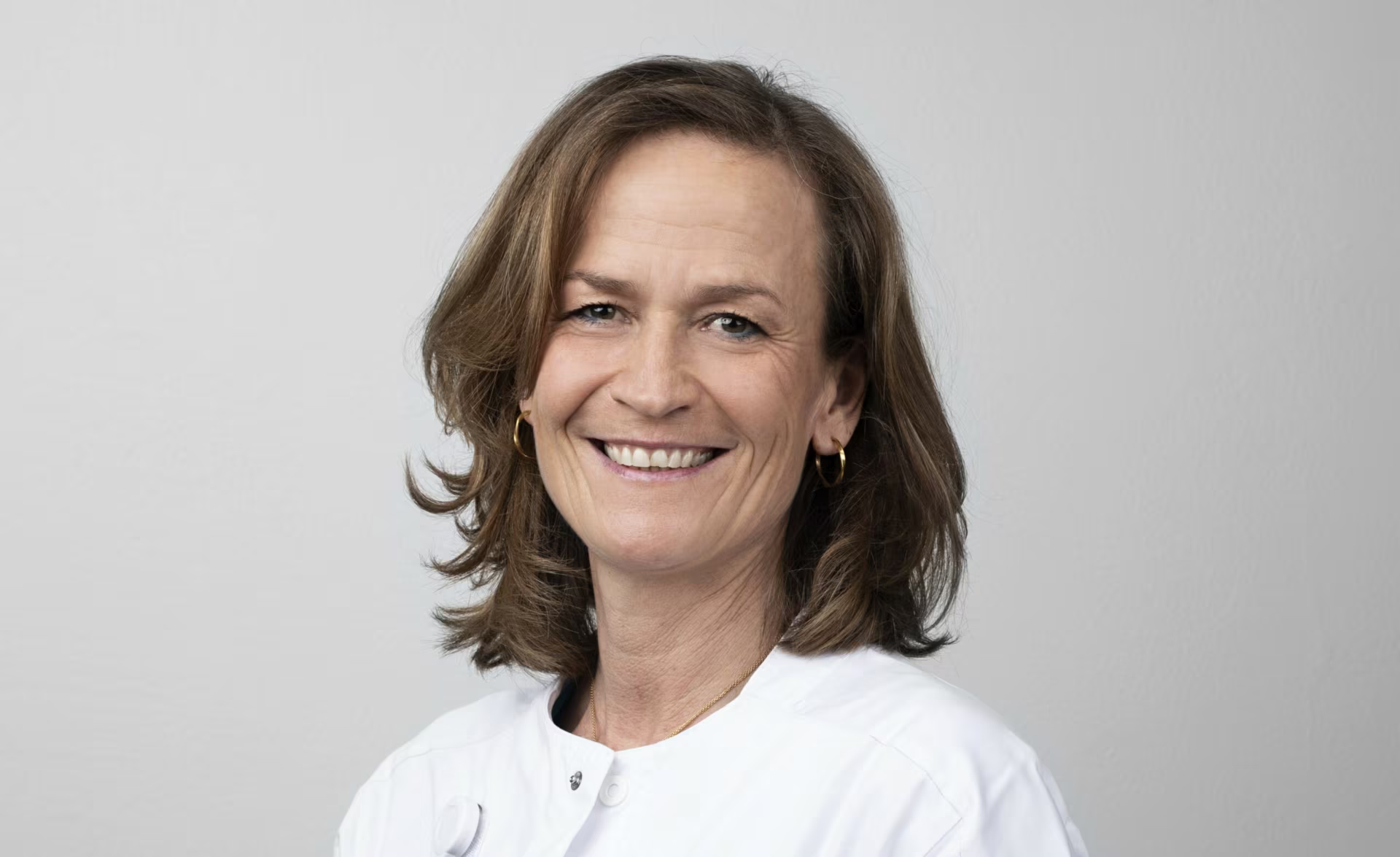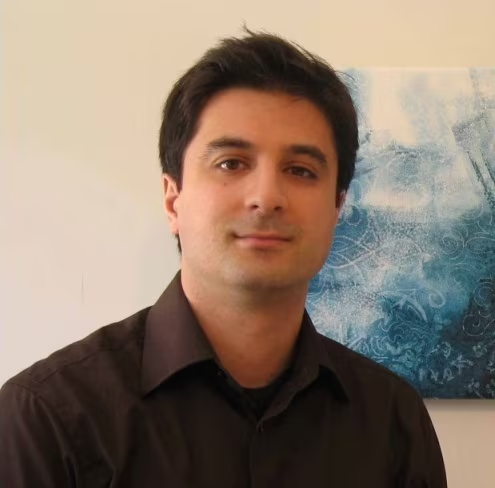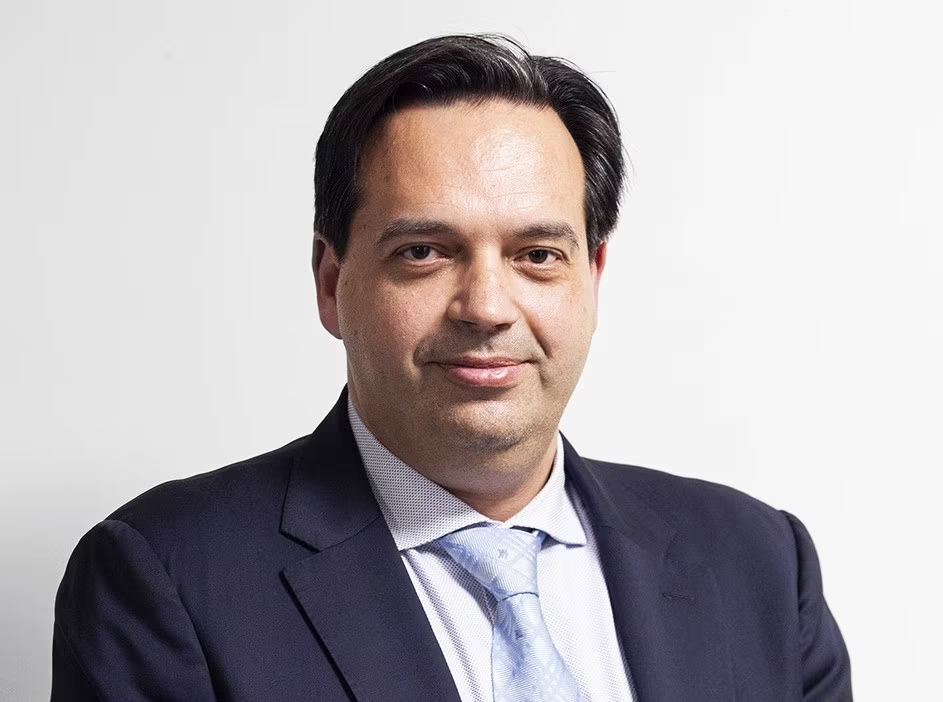Target Audience
This activity has been designed to meet the educational needs of endocrinologists, neurologists and primary care physicians involved in the management of stroke in patients with T2D.
Disclosures
USF Health adheres to the Standards for Integrity and Independence in Accredited Continuing Education. All individuals in a position to influence content have disclosed to USF Health any financial relationship with an ineligible organization. USF Health has reviewed and mitigated all relevant financial relationships related to the content of the activity. The relevant relationships are listed below. All individuals not listed have no relevant financial relationships.
Faculty
Dr Yassir Javaid discloses: Advisory board/panel fees from AstraZeneca, Bayer, Daiichi Sankyo, Novartis. Speaker’s bureau fees from Abbott, Amgen, AstraZeneca, Bayer, BMS, Boehringer Ingelheim, Daiichi Sankyo, Edwards Lifesciences, Eli Lilly, iRhythm, Medtronic, Menarini, MSD, Napp, Novartis, Novo Nordisk, Pfizer, Sanofi and Servier.
Prof. Tina Vilsbøll discloses: Advisory board/panel fees from Amgen, AstraZeneca, BMS, Boehringer Ingelheim, Gilead, GSK, Eli Lilly, Novo Nordisk, Sanofi and Sun Pharmaceuticals. Consultant for Amgen, AstraZeneca, BMS, Boehringer Ingelheim, Eli Lilly, Gilead, GSK, Novo Nordisk, Sanofi and Sun Pharmaceuticals. Grants/research support from Boehringer Ingelheim and Novo Nordisk. Speaker’s bureau fees from Amgen, AstraZeneca, BMS, Boehringer Ingelheim, Eli Lilly, Gilead, GSK, Novo Nordisk, Sanofi and Servier.
Prof. Georgios Tsivgoulis discloses: Advisory board/panel fees from Abbott, AbbVie, Actavis, Allergan, Bayer, Biogen, Boehringer Ingelheim, CSL Behring, Daiichi Sankyo, Genesis Pharma, Ipsen, ITF Pharma, Medtronic, Merck, Novartis, Sanofi, Shionogi, Shire, Specifar, Teva and Takeda. Grants/research support from Abbott, AbbVie, Allergan, Amicus, Bayer, Boehringer Ingelheim, Genesis Pharma, Ipsen, Medtronic, Merck, Novalis, Novartis, Roche, Shire and Teva.
Ms Hyvelle Ferguson-Davis discloses: Advisory board/panel fees from Boehringer Ingelheim.
Content reviewer
Julie Hallanger-Johnson, MD has no financial interests/relationships or affiliations in relation to this activity.
Touch Medical Director
Sola Neunie has no financial interests/relationships or affiliations in relation to this activity.
USF Health Office of Continuing Professional Development and touchIME staff have no financial interests/relationships or affiliations in relation to this activity.
Requirements for Successful Completion
In order to receive credit for this activity, participants must review the content and complete the post-test and evaluation form. Statements of credit are awarded upon successful completion of the post-test and evaluation form.
If you have questions regarding credit please contact cpdsupport@usf.edu.
Accreditations
Physicians
This activity has been planned and implemented in accordance with the accreditation requirements and policies of the Accreditation Council for Continuing Medical Education (ACCME) through a joint providership of USF Health and touchIME. USF Health is accredited by the ACCME to provide continuing medical education for physicians.
USF Health designates this enduring material for a maximum of 1.0 AMA PRA Category 1 CreditTM. Physicians should claim only the credit commensurate with the extent of their participation in the activity.
The European Union of Medical Specialists (UEMS) – European Accreditation Council for Continuing Medical Education (EACCME) has an agreement of mutual recognition of continuing medical education (CME) credit with the American Medical Association (AMA). European physicians interested in converting AMA PRA Category 1 CreditTM into European CME credit (ECMEC) should contact the UEMS (www.uems.eu).
Advanced Practice Providers
Physician Assistants may claim a maximum of 1.0 Category 1 credits for completing this activity. NCCPA accepts AMA PRA Category 1 CreditTM from organizations accredited by ACCME or a recognized state medical society.
The AANPCP accepts certificates of participation for educational activities approved for AMA PRA Category 1 CreditTM by ACCME-accredited providers. APRNs who participate will receive a certificate of completion commensurate with the extent of their participation.
Date of original release: 17 November 2022. Date credits expire: 17 November 2024.
If you have any questions regarding credit please contact cpdsupport@usf.edu.





